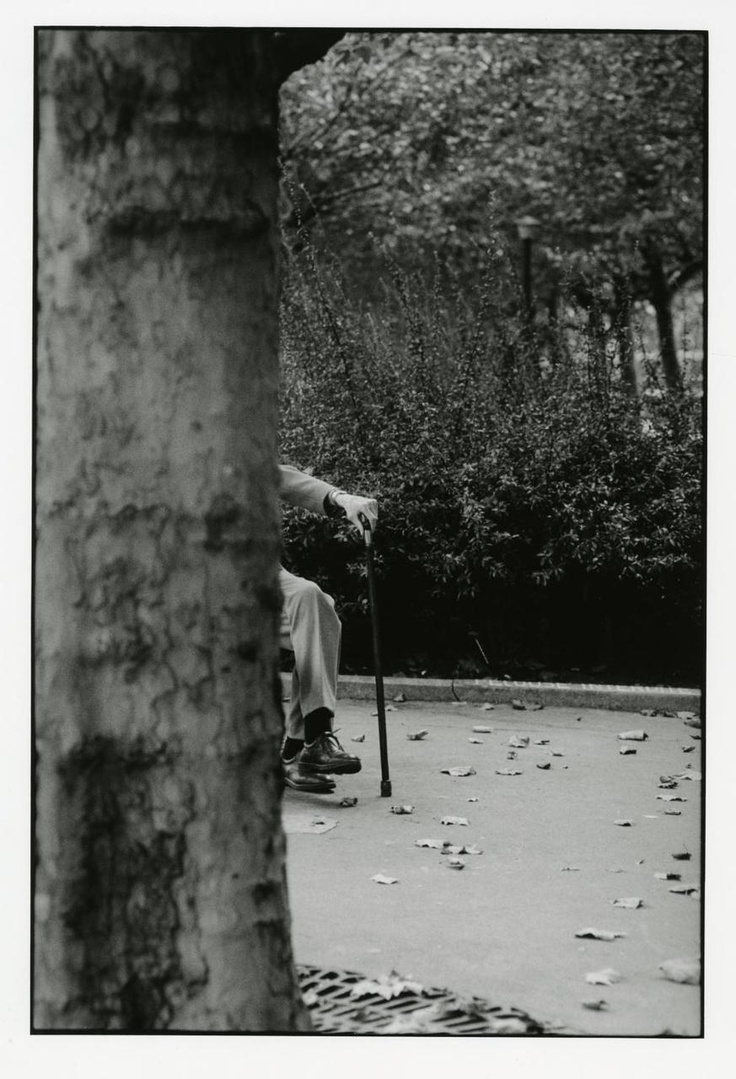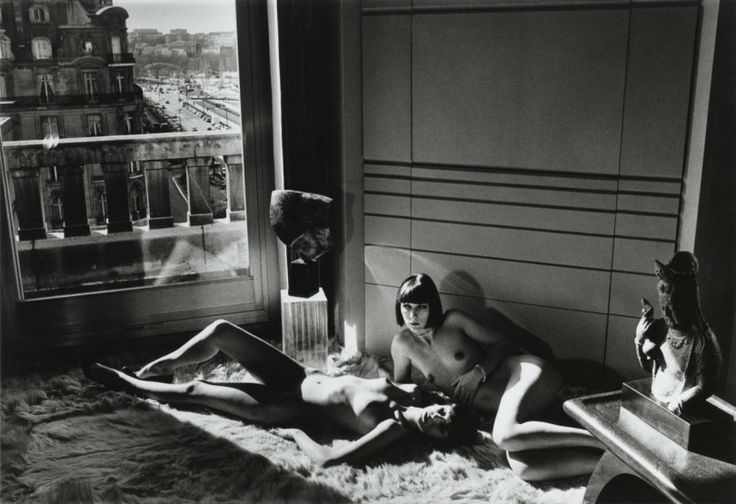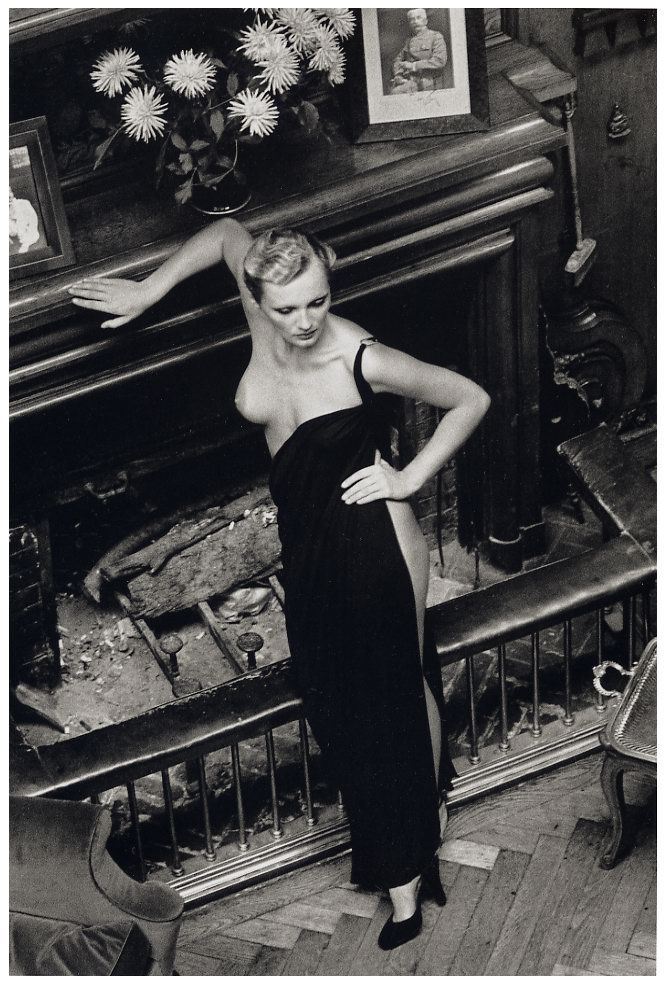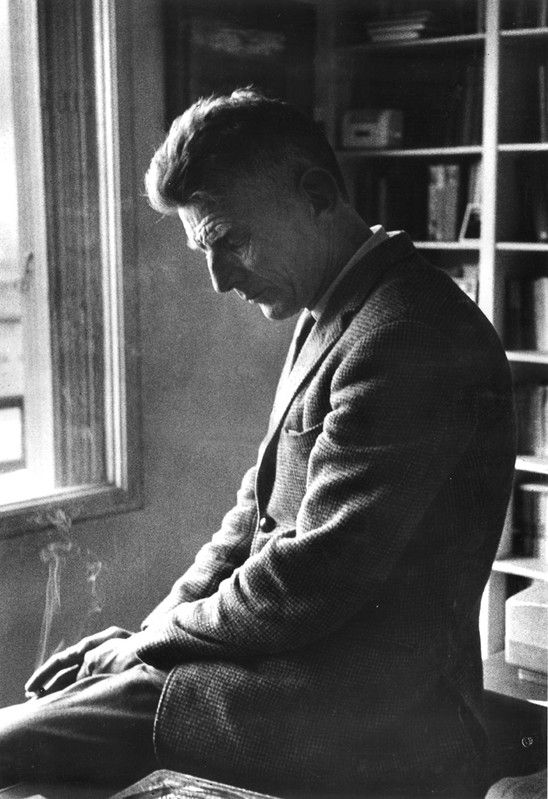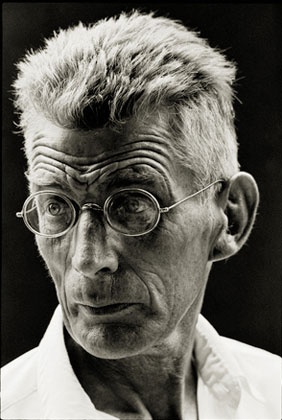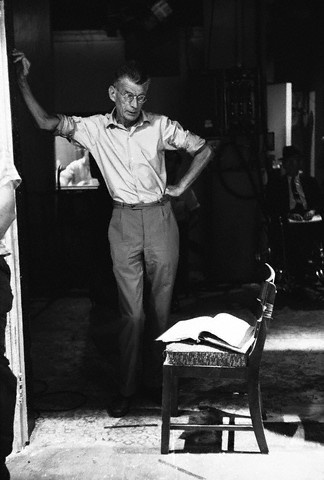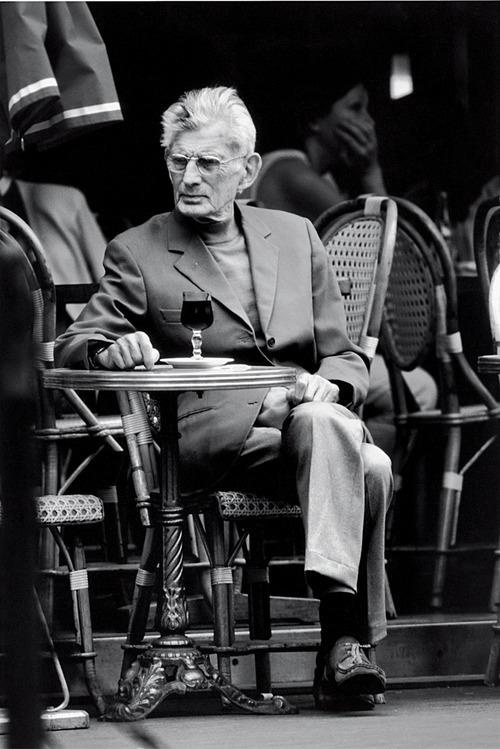ESPAÑOL – INGLÉS
PALABRA Ó FRASE Nº 1183
INSENSIBLE adjetivo
1 (persona) insensitive: es insensible al sufrimiento humano,
he’s insensitive to human suffering.
Críticas
A pesar de su pretensión de autoridad sobre la lengua inglesa, el OED ha sido criticado por distintos aspectos, incluyendo su enorme tamaño, sus pretensiones de autoridad, y, sobre todo, su influencia.
En su revisión del suplemento de 1982, el lingüista de la Universidad de Oxford Roy Harris se quejaba de que criticar el OED es extremadamente difícil porque “uno no está tratando sólo con un diccionario, sino también con una institución nacional”, que “se ha convertido, como la monarquía inglesa, en algo virtualmente inmune a la crítica por principio”4 Harris critica lo que ve como la “lexicografía en blanco y negro” del diccionario, al primar el lenguaje escrito sobre el hablado, especialmente determinadas formas de obra impresa. Considera además que, mientras neologismos de respetados autores “literarios” como Samuel Beckett y Virginia Woolf son incluidos, el uso de palabras en periódicos y otras fuentes menos “respetables” tiene mucho menos peso, aunque pueden ser más válidas en el uso común.4 Escribe que la “lexicografía en blanco y negro es además en blanco y negro en el sentido de que se responsabiliza de pronunciar su autoridad sobre el uso correcto o incorrecto”,4 siendo un diccionario de gramática prescriptiva en vez de descriptiva. Para Harris, esta clasificación prescriptiva de ciertos usos es errónea, y la completa omisión de ciertas formas y usos tiene un efecto acumulado de representar los “sesgos sociales” de sus (presumiblemente adinerados y bien educados) redactores.5 Harris también critica a los editores por su “conservadurismo de catedrático”, acusándolos además de tener una remilgada moralidad victoriana, dando como ejemplo la no inclusión de “varias palabrotas centenarias” hasta 1972.4
SAMUEL BECKETT
Samuel Barclay Beckett /ˈsæmju‿əl ˈbɑːɹkli ˈbɛkɪt/ (Dublín, 13 de abril de 1906 – París, 22 de diciembre de 1989) fue un dramaturgo, novelista, crítico y poeta irlandés, uno de los más importantes representantes del experimentalismo literario del siglo XX, dentro del modernismo anglosajón. Fue igualmente figura clave del llamado teatro del absurdo y, como tal, uno de los escritores más influyentes de su tiempo.2 Escribió sus libros en inglés y francés, y fue asistente y discípulo del novelista James Joyce. Su obra más conocida es el drama Esperando a Godot.
La obra de Beckett es fundamentalmente sombría y tendente al minimalismo y, de acuerdo con ciertas interpretaciones, profundamente pesimista (hasta nihilista3 ) acerca de la condición humana. De esta forma, con el tiempo sus libros se hicieron progresivamente más crípticos y breves. El pesimismo de Beckett viene sin embargo atemperado por un particular sentido del humor, entre negro y sórdido (véase Comentarios sobre el autor).
Según su traductora, Antonia Rodríguez-Gago, «Beckett destruyó muchas de las convenciones en las que se sustentan la narrativa y el teatro contemporáneo; se dedicó, entre otras cosas, a desprestigiar la palabra como medio de expresión artística y creó una poética de imágenes, tanto escénica como narrativa».4
La obra de este autor se estudia principalmente desde el punto de vista de la literatura y el teatro, pero también de la filosofía, el psicoanálisis, la traductología, la música y los medios audiovisuales.5
En la Encyclopedia of World Literature in the 20th Century se lee: «Todo el trabajo de Beckett retrata la tragicomedia de la condición humana en un mundo sin Dios, sin ley y sin sentido. La autenticidad de su visión, la sobria brillantez de su lenguaje (en francés e inglés) han influido a jóvenes escritores de todo el mundo».6
Samuel Beckett fue galardonado con el Premio Nobel de Literatura en 1969 «por su escritura, que, renovando las formas de la novela y el drama, adquiere su grandeza a partir de la indigencia moral del hombre moderno».7 En 1961 había recibido asimismo el “Premio Formentor” otorgado por el Congreso Internacional de Editores, junto a Jorge Luis Borges.
=================================EN INGLÉS==============================
Reviews
Despite its claim to authority over the English language, the OED has been criticized for various aspects, including its enormous size, its claims to authority, and, above all, his influence.
In his review of the supplement 1982, linguist at the University of Oxford Roy Harris complained that criticizing the OED is extremely difficult because “one is not dealing only with a dictionary but also a national institution” which “has become, like the English, something virtually immune from criticism in principle monarchy ” Harris criticizes what he sees as the “lexicography in black and white” in the dictionary, to prevail on the written language spoken, especially certain types of printed work. Further considers that, while neologisms from respected “literary” authors like Samuel Beckett and Virginia Woolf are included, the use of words in newspapers and other less “respectable” sources has much less weight, but may be more valid in common usage. writes that “lexicography in black and white is also in black and white that it is responsible for rendering its authority over the use or misuse”, being a dictionary of grammar prescriptive rather than descriptive . For Harris, this prescriptive classification of certain uses is wrong, and the complete omission of certain forms and usages have a cumulative effect to represent the “social bias” of their (presumably wealthy and well educated) editors. Harris also criticizes publishers for their “conservatism professor”, accusing them besides having a prim Victorian morality, giving as an example the inclusion of “several centuries expletives” until 1972.
SAMUEL BECKETT
Samuel Barclay Beckett / sæmju ‿ əl bɑ ː ɹkli bɛkɪt / ( Dublin , April 13 of 1906 – Paris , 22 December of 1989 ) was a playwright , novelist , critic and poet Irish , one of the most important representatives of experimentalism literature of the twentieth century within the Anglo-Saxon modernism . He was also a key figure called theater of the absurd , and as such, one of the most influential writers of his time. He wrote his books in English and French, and was assistant and disciple of novelist James Joyce . His best known work is the drama Waiting for Godot .
Beckett’s work is primarily aimed at dark and minimalism and, according to some interpretations, deeply pessimistic (up nihilistic ) about the human condition. Thus, over time their books were gradually made more cryptic and brief. Beckett’s pessimism is tempered however by a particular sense of humor, between black and dingy (see comments about the author ).
According to his translator, Antonia Rodríguez-Gago, “Beckett destroyed many of the conventions that narrative and contemporary theater are based; was dedicated, among other things, to discredit the word as an art form and created a poetic image, both scenic and narrative “.
The work of this author is studied mainly from the point of view of literature and theater , but also the philosophy , the psychoanalysis , the translation studies , the music and audiovisual media .
The Encyclopedia of World Literature in the 20th Century reads: “All work portrays Beckett’s tragicomic human condition in a world without God, without law and without regard. The authenticity of his vision, the understated brilliance of his language (French and English) have influenced young writers worldwide “.
Samuel Beckett was awarded the Nobel Prize for Literature in 1969 “for his writing, which, renewing forms of the novel and the drama, takes its greatness from the moral destitution of modern man ‘. In 1961 he had received also the ‘Formentor Prize “awarded by the International Publishers Congress, by Jorge Luis Borges .



